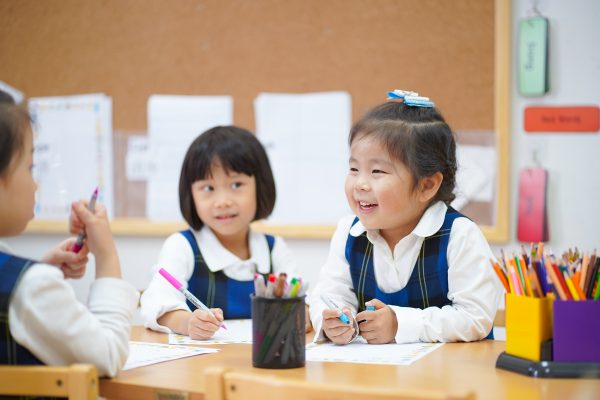
Effective listening skills are essential to a successful learning journey. A child begins to hear even when he/she is in the womb. When they are born, children cannot immediately see the colourful world around them, but the sounds they can hear paint their own uniquely vivid picture. Through listening, children can distinguish tones and pitch. When they combine the sound with gestures, they understand the information and emotions contained in words. This is how infants gradually acquaint themselves with the world around them.
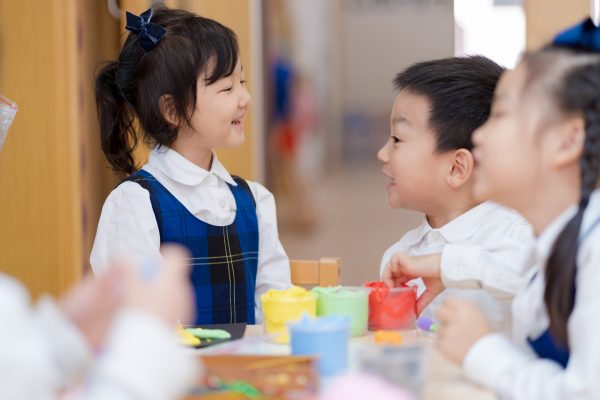
How, then, do young children learn how to listen? From birth to the age of five, young children are acutely sensitive to their surroundings. They not only pay attention to their ambient world selectively, but they also develop various sensory functions. This is also an important stage in which to nurture their listening skills and habits. The development of young children’s listening abilities can be divided into three stages: appreciative, attentive and comprehensive. What follows is an explanation of each of them.
Children feel relaxed and calm when they hear the sounds of nature, like birdsong and rainfall. The sound of music, stories and nursery rhymes sparks joy in them. Although this is a passive process, make no mistake; they are fully engaged. Appreciative listening can begin even before the baby is born. A mother playing music or speaking in a gentle voice while pregnant can help develop an infant's capacity for appreciative listening. Because it is an intuitive reaction rather than a compulsory task, appreciative listening can lay a solid foundation for developing young children’s listening habits.
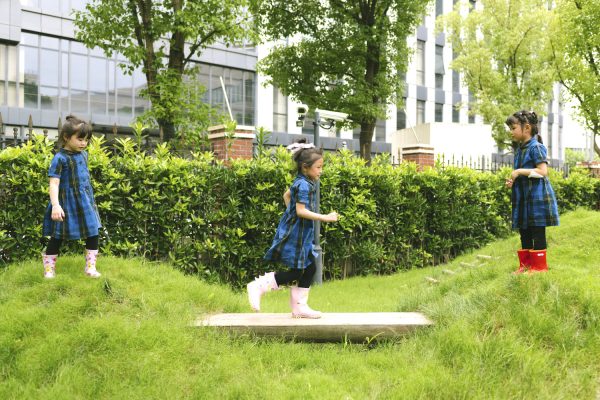
In the early stages of development, a child's attention span is short. It is therefore critical to create an orderly and positive listening environment for them. When communicating with children, adults should slow the pace of speech and make their words concise and to the point. Concise words can help children to be attentive and less susceptible to distractions.
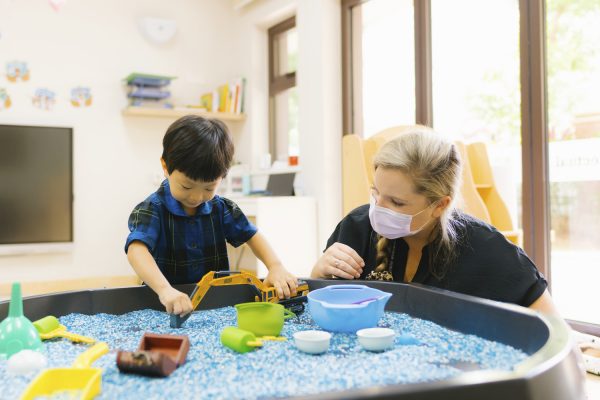
Comprehensive listening is scaffolded by attentive listening which is a basis for children to further improve their listening skills. Through comprehensive listening, children can grasp the information needed to respond to instructions or answer questions.
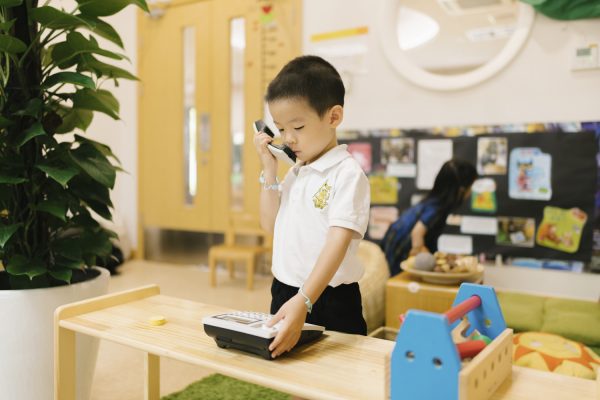
Most children are born with the ability to listen. However, this ability needs to be nurtured and developed if we want our children to understand what others mean and respond to it correctly and rapidly. As early years practitioners, we try to respect children’s psychological characteristics and help them to develop these three listening skills gradually and cumulatively.
